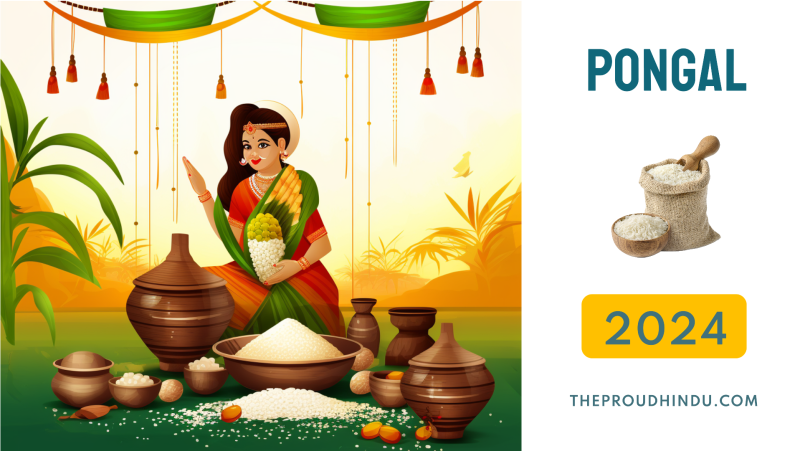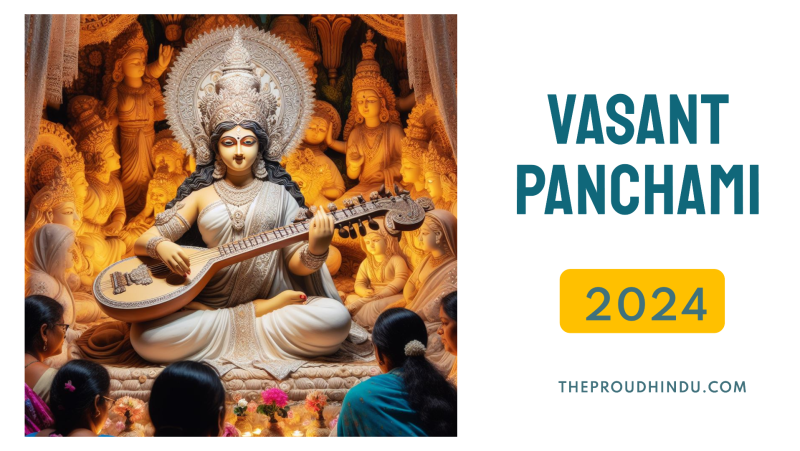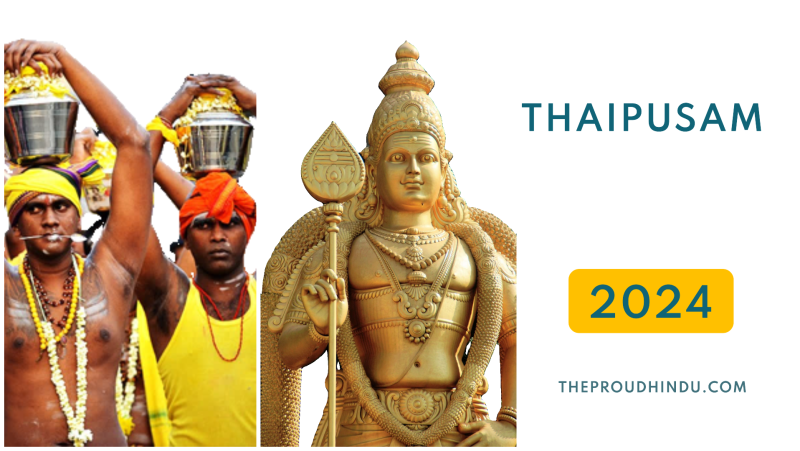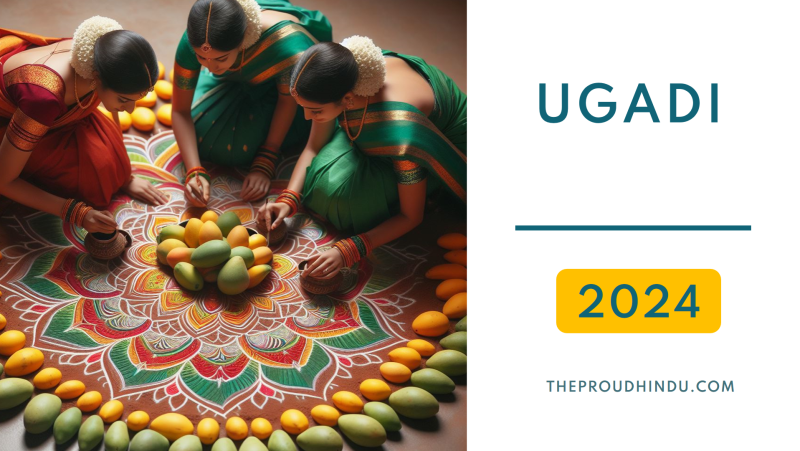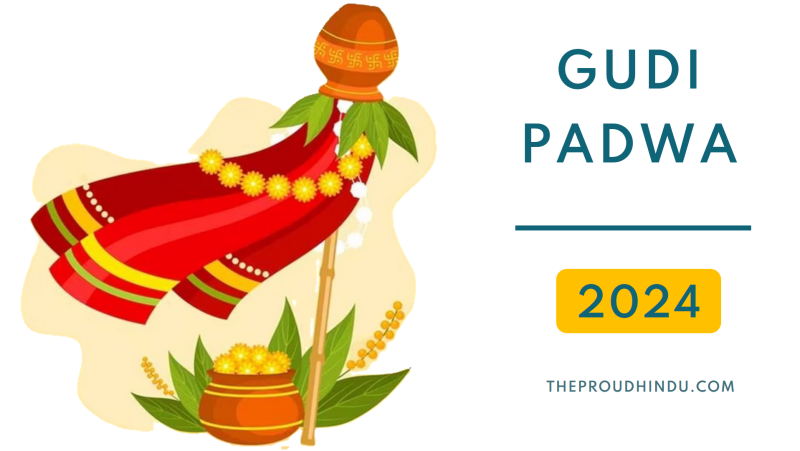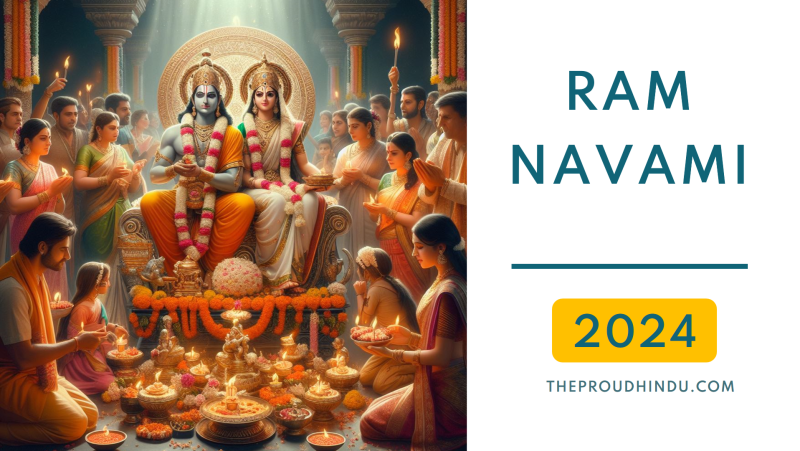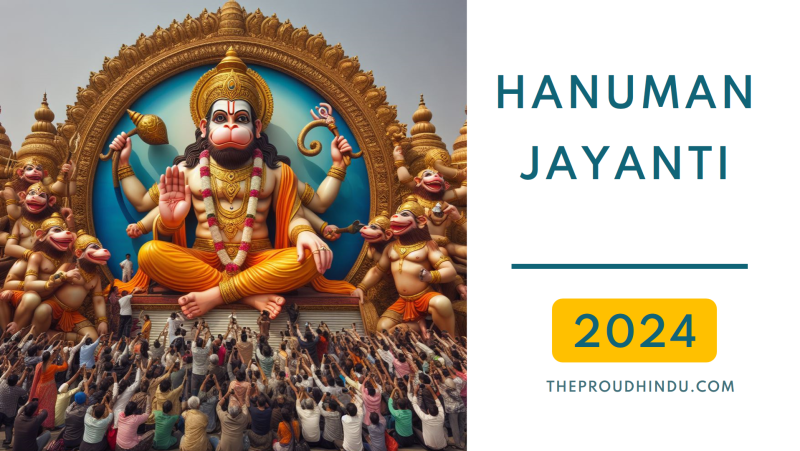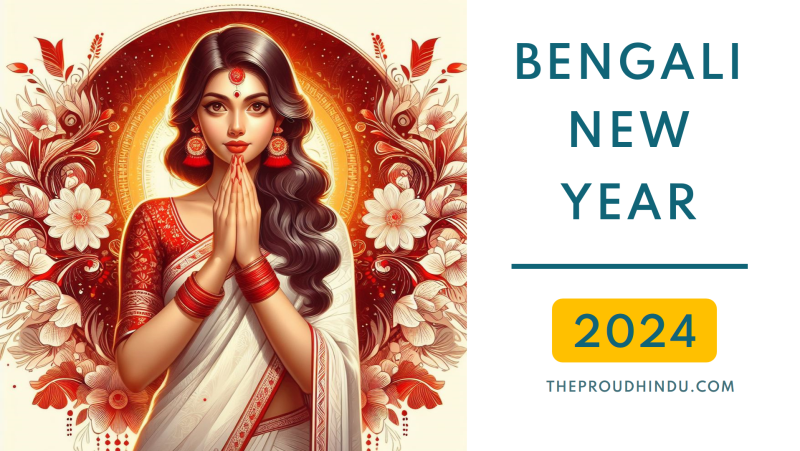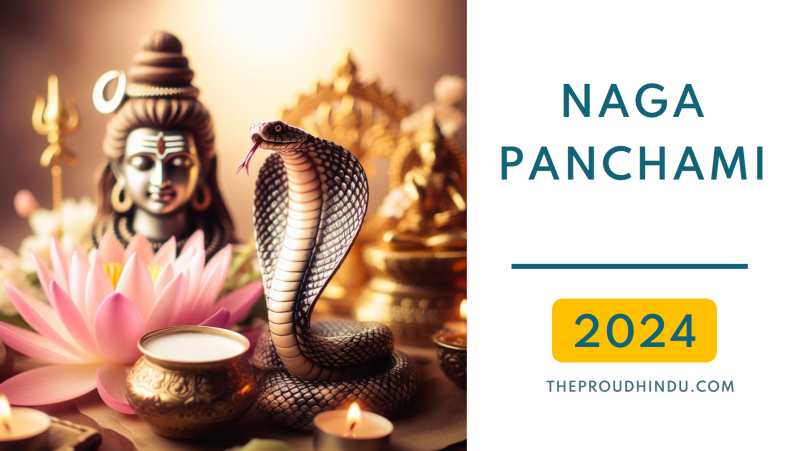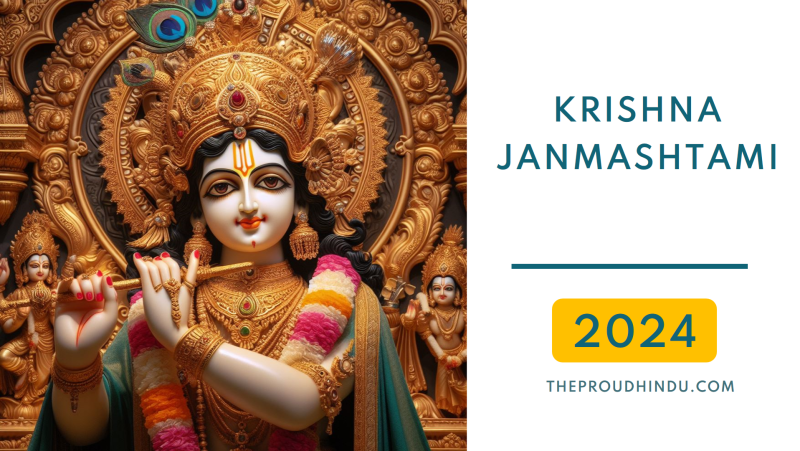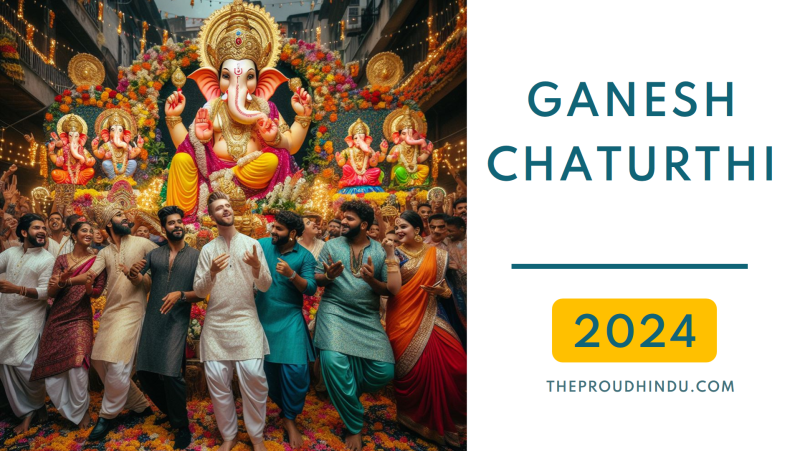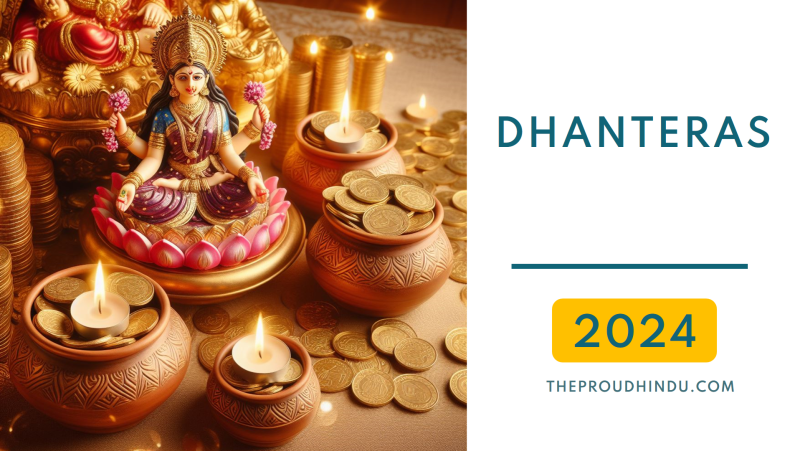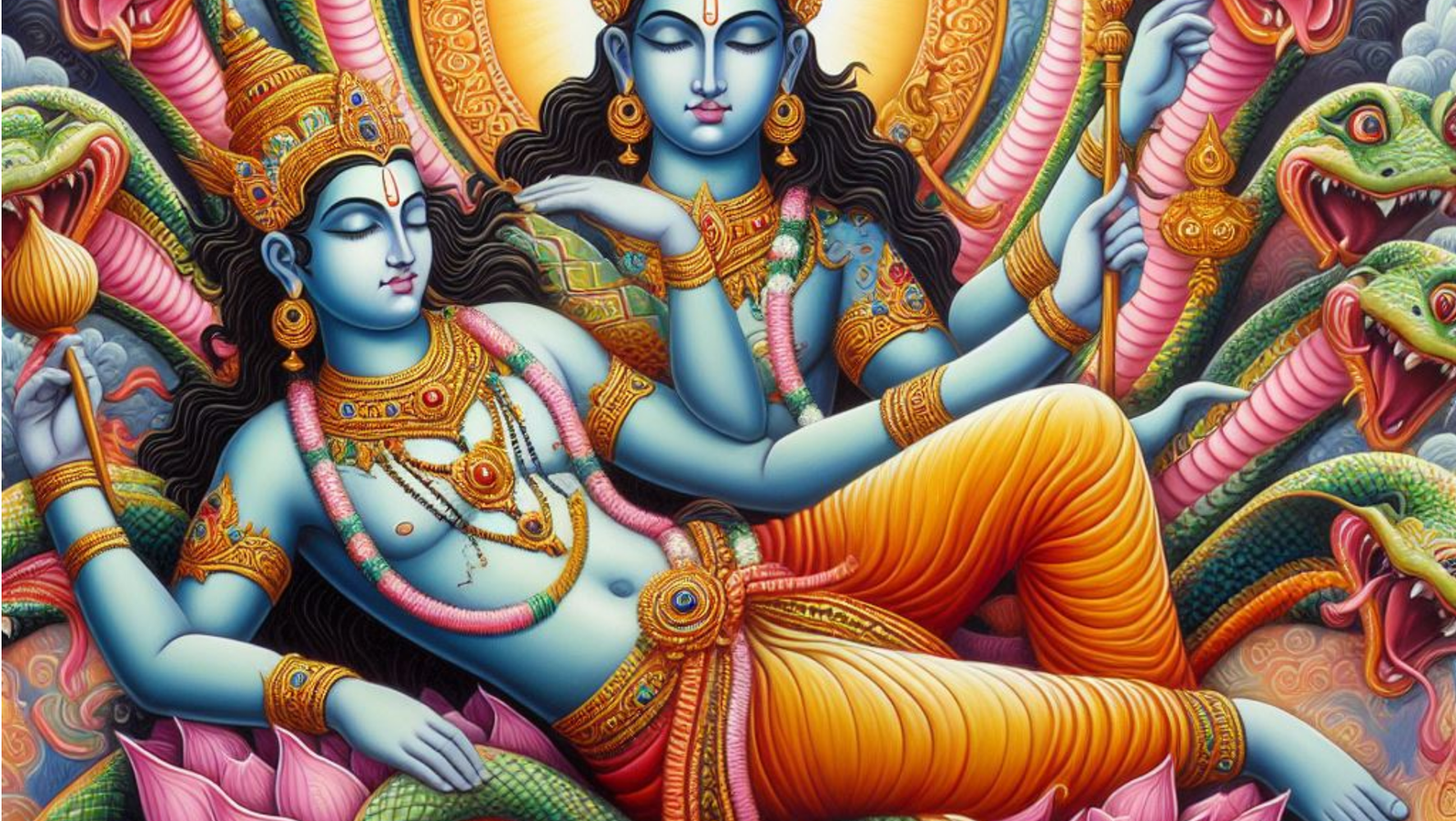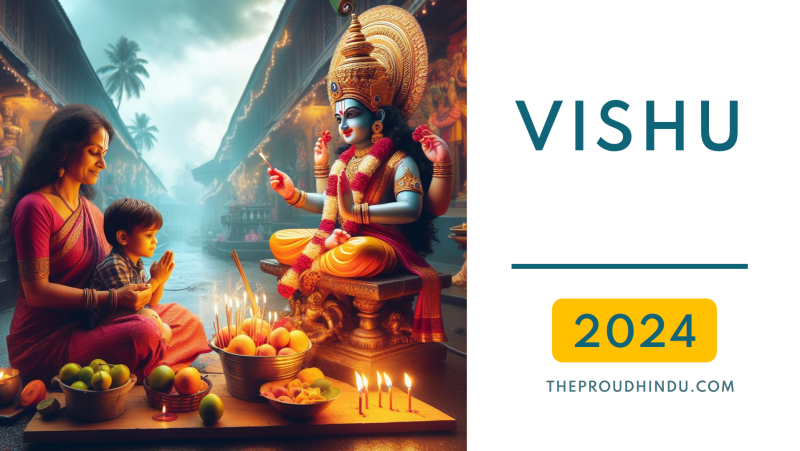
About Vishu 2026 Festival Celebration
Vishu (Malayalam: വിഷു) is a festival in the Indian state of Kerala, considered the Malayalee New Year, and falls on the first day of the month of Medam in the Malayalam calendar which in Gregorian calendar overlaps with April. It is the Malayali New Year and Malayalis look forward to this day with joy, positivity, and new resolutions. The first thing that is seen in the morning is called the ‘Vishukkani’, which is an arrangement of auspicious articles, including rice, fruits, vegetables, betel leaves, arecanuts, yellow Cucurbita, metal bell, golden yellow Konna flowers, Kani Konna, and a lighted bell-metal lamp called Nilavilakku, in the puja room, in front of the idol of Krishna or Vishnu or before the image of Lord Krishna. People wear new clothes, visit temples, pray and give gifts to family and friends. The significance of Vishu is the These feasts are known as Vishu Sadhya, and is a colourful, ceremonial meal served at a feast, in the Kerala tradition, and include a mix of salty, sweet, sour and bitter foods. Cultural performances, fireworks, and folk art also enhance the lively festivities, which draw communities together to usher in the New Year with joy and unity.
Vishu Festival 2026 Date
The Vishu festival in 2026 will be observed on Wednesday, 15 April 2026
Vishu Meaning
The term "Vishu" is a short form for "Vishuvam" which is equal, in Sanskrit, and it signifies the equinox. The festival indicates the sun’s transition into the Meda Rasi (first zodiac sign) and signifies a new year and new hope and new opportunities for the people of Kerala.
Vishu Kani Items
Vishu Kani, a specifically arranged selection of auspicious items, is the first sight of the Vishu day which is intended to signify luck and success in the coming year. Vishu Kani is usually a combination of several auspicious things to bring prosperity, good luck and success in the new year. Some of the most important elements kept ready for Vishu Kani include:
1. Lord Krishna or Vishnu Idol: A photo or idol of Lord Krishna or Vishnu is placed in the centre of the lay-out representing prosperity and blessings.
2. Mirror: A mirror is kept in such a way that the items reflected in the mirror indicate the items of Vishu Kani, which symbolizes the reflection of one's consciousness / soul propelling this prospect of self-realization, hope and optimism.
3. Gold or jewels: A replica of gold/jewelry implies wealth, good luck and fortune in the coming year.
4. Rice, Fruits and Vegetables: Rice in addition to the fruits and vegetables like cucumber, pumpkin, coconut, mangoes, bananas, jackfruit among others, are arranged symbolizing prosperity and plenty.
5. Flowers: Different types of flowers, particularly the flowers of golden shower tree (Kanikonna) are a major part of Vishu Kani which signifies beauty, purity, colour and everything positive.
6. New Cloth: New fabric/a garment and is usually in the color of yellow/gold which symbolizes new ventures and prosperity.
7. Coins: others will add coins or even cash notes, symbolizing riches and a stable financial future.
These items are arranged the night before Vishu and kept in front of the deity in households, typically in the prayer room or a special area, to be seen first thing on the day of Vishu as a symbol of blessings and prosperity for the coming year..
Vishu Kaineettam
Vishu Kaineettam is an age-old practice followed during the occasion of Vishu in Kerala, India. It is the transfer of money and gifts from the elders to younger members of the family, the most interesting, wallet-busting and memory-etching traditions of the lot! On the Vishu day, elders in the family give away Vishu kaineetam to the younger ones in family which involves giving gold or silver coins (in kasu vaaram) and money (which in olden days were coins and nowdays currency notes are in vogue). The leaves gift is believed to be auspicious and is supposed to bring prosperity and blessings to the receivers. It's a beloved custom which strengthens relationships within the family and spreads cheer and positivity among the loved ones on the festive festival of Vishu.
Vishu Kani Decoration
Vishu Kani is also referred as Kaineettam and Vishukaineettam. Here is how you can make the Vishu Kani decoration:
1. Setting Up the Display: A clean and auspicious place of the house is chosen, usually the prayer room or any special area, to display the Vishu Kani between 4 to 6 a.m in the early morning.
2. Central Idol or nature: Keep an idol or picture of Lord Krishna or Lord Vishnu in the Centre of the arrangement, to represent the divine assistance and success in the task.
3. Mirror: Place a mirror behind the central God or items, so that the reflection of Vishu Kani setup is viewed in it. This mirror represents looking in on itself under brighter days.
4. Coins or Currency: Add coins or money bills in the design to symbolize prosperity, financial prosperity and wealth.
5. Rice and Vegetables: A bundle of rice and a mixture of fruits and vegetables (cucumber, pumpkin, coconut, mangoes, some bananas and jackfruit) to represent everything harvested and abundance.
6. Flowers: Fresh flowers, preferably golden shower flowers (Kanikonna), can be used for decoration. Here’s what flowers symbolise: Flowers symbolise beauty and purity, and the colours of life.
7. New Cloth (Or New Outfit): Next is a piece of new cloth, usually of gold or yellow color is draped around Ghadoli as symbol of new starting and for prosperity.
8. Lamp and Incense: Light a lamp and incense next to the Vishu Kani to make it a spiritually-charged ambience.
The Vishu Kani, once prepared, is meant to be witnessed early in the morning before anything else. The careful placement of these auspicious items is thought to bestow blessings and luck for the coming year to those who look upon it. It is a tradition that is revered and celebrated during the Vishu festival in Kerala.
Vishu Date
| Year | Date | Day |
|---|---|---|
| Vishu 2023 Date | 15 April 2023 | Saturday |
| Vishu 2024 Date | 14 April 2024 | Sunday |
| Vishu 2025 Date | 14 April 2025 | Monday |
| Vishu 2026 Date | 15 April 2026 | Wednesday |
| Vishu 2027 Date | 15 April 2027 | Thursday |
You may also like …
Are You The Proud Hindu?
The Trimurti
Create an account to join us and start taking part in conversations.
SIGNIN

